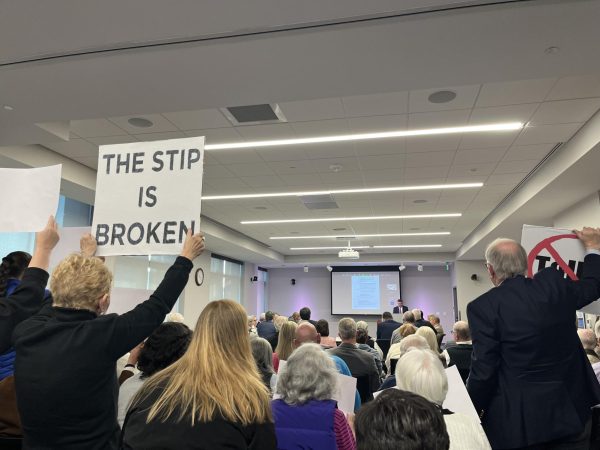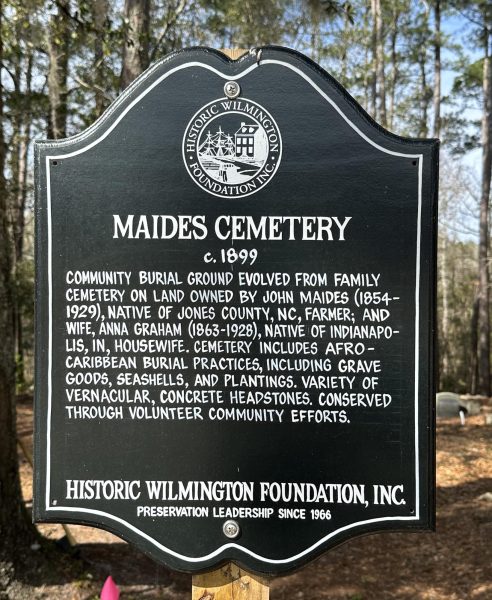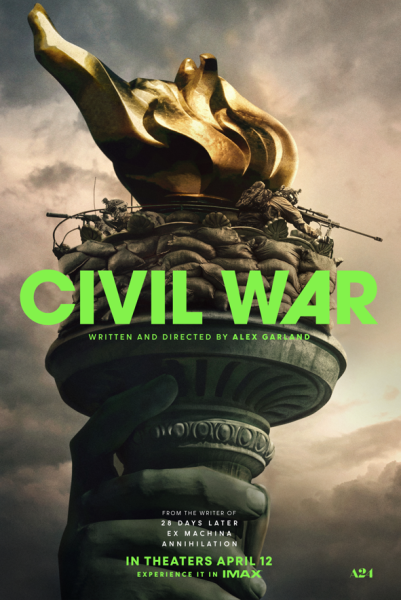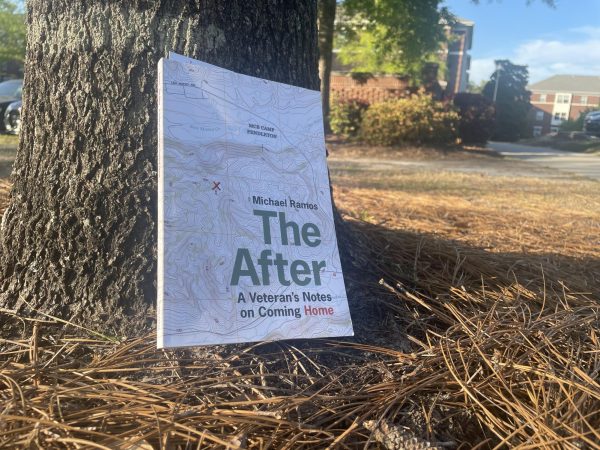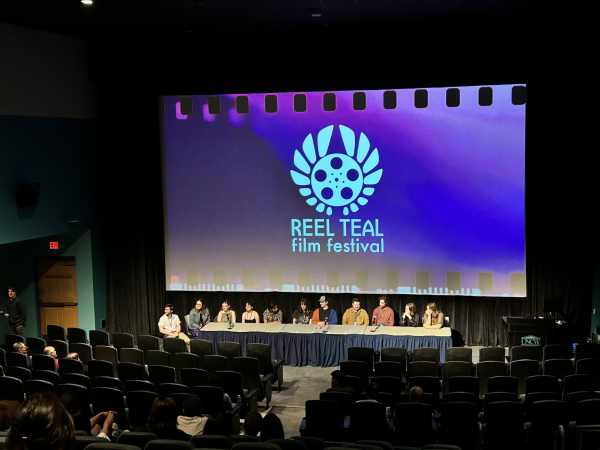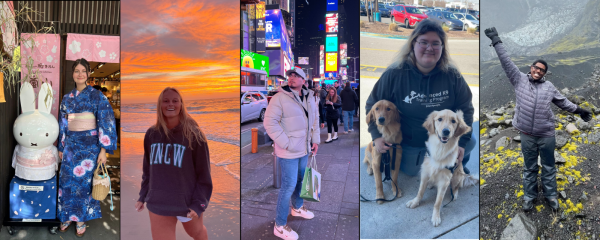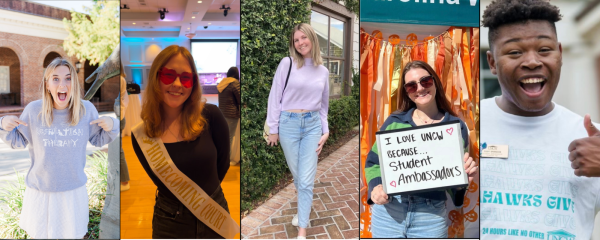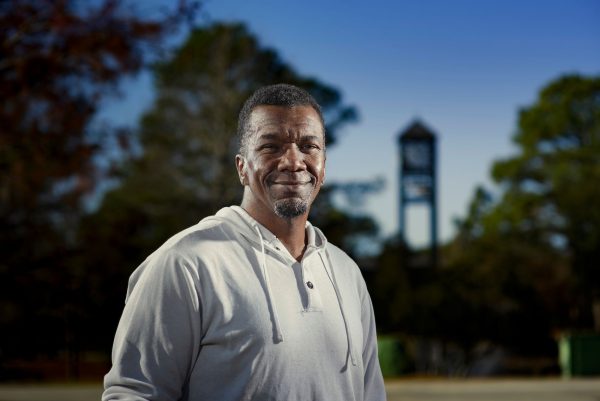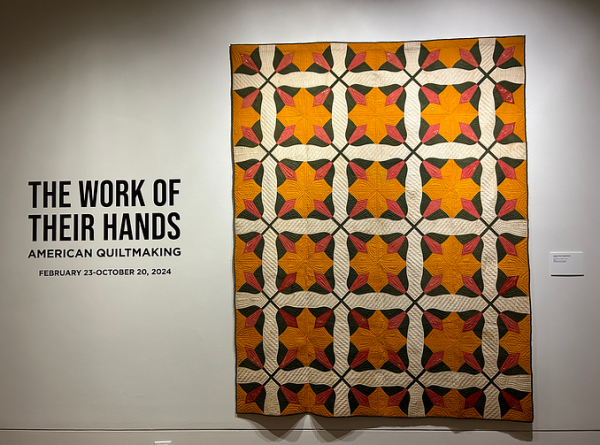Confronting the past at the New Hanover County Public Library
January 14, 2016
What does freedom really mean? It is a question that was on the minds of the many viewers of the film “Slavery by Another Name,” shown Jan. 9 at the New Hanover County Public Library.
“This film blends the past and present,” said film showing moderator and Cape Fear Museum education coordinator Amy Thornton. “It shows that slavery is not ancient history, but rather someone’s grandfather, uncle, or family.”
As a part of the Created Equal film series presented in coordination with the New Hanover County Public Library and Cape Fear Museum, “Slavery by Another Name” is a documentary that shares the often untold story of the continued unpaid labor of African Americans after the Civil War. While history tends to teach that slavery ended with the Emancipation Proclamation, the film explores the practice of forced labor in the southern prison systems, a practice that continued well into World War II.
The film, not just a retelling of past events, shows current family of those mentioned in the film. They are not discussing distant relatives, but grandfathers, uncles, and sometimes even parents. It shows how descendants are still dealing with the pain of the sins and injustices of their family’s past.
The film’s subject of false imprisonment and high racial tensions, particularly involving law enforcement, could come from any modern news outlet. The discussion after the film centered on the idea that many in the audience saw very little change in current perceptions and attitudes.
“Not much has changed at all,” said local Glenn Wilson. “I mean, look at the current front-runner in the GOP. It’s embarrassing, but it’s just a reflection of the people.”
Those present at the showing of “Slavery by Another Name” were also moved by the knowledge they gained from the film. Many knew nothing of forced labor until seeing this documentary and were urged to write to local school boards to push to have the film shown in classrooms. Such knowledge being left out of history books seemed a failing of the education system to many.
Thornton, who has a master’s degree in Public History, was also shocked at the extent of the persecution faced by those in forced labor. Wilson questioned the ignorance of those present. “People all claim that they don’t know,” Wilson said. “No, it’s do they care?”
While the film may have left many disheartened after seeing the flaws in society, both then and now, some viewers saw possibility. Local Elizabeth Terry responded to the many comments on current similarities of culture. “Things haven’t changed, no, but we have to change them,” said Terry.
The film will be followed up by two others later this month in the same series. “Freedom Riders” will be shown Saturday, Jan. 16 and “The Loving Story” on Jan. 30, both at 2 p.m. at the New Hanover County Public Library. Cape Fear Museum and the New Hanover County Public Library have partnered with New Beginning Church to show “The Loving Story” again on Tuesday, Feb. 16 at 7 p.m. and “Freedom Riders” on Tuesday, Feb. 23 at 7 p.m.








